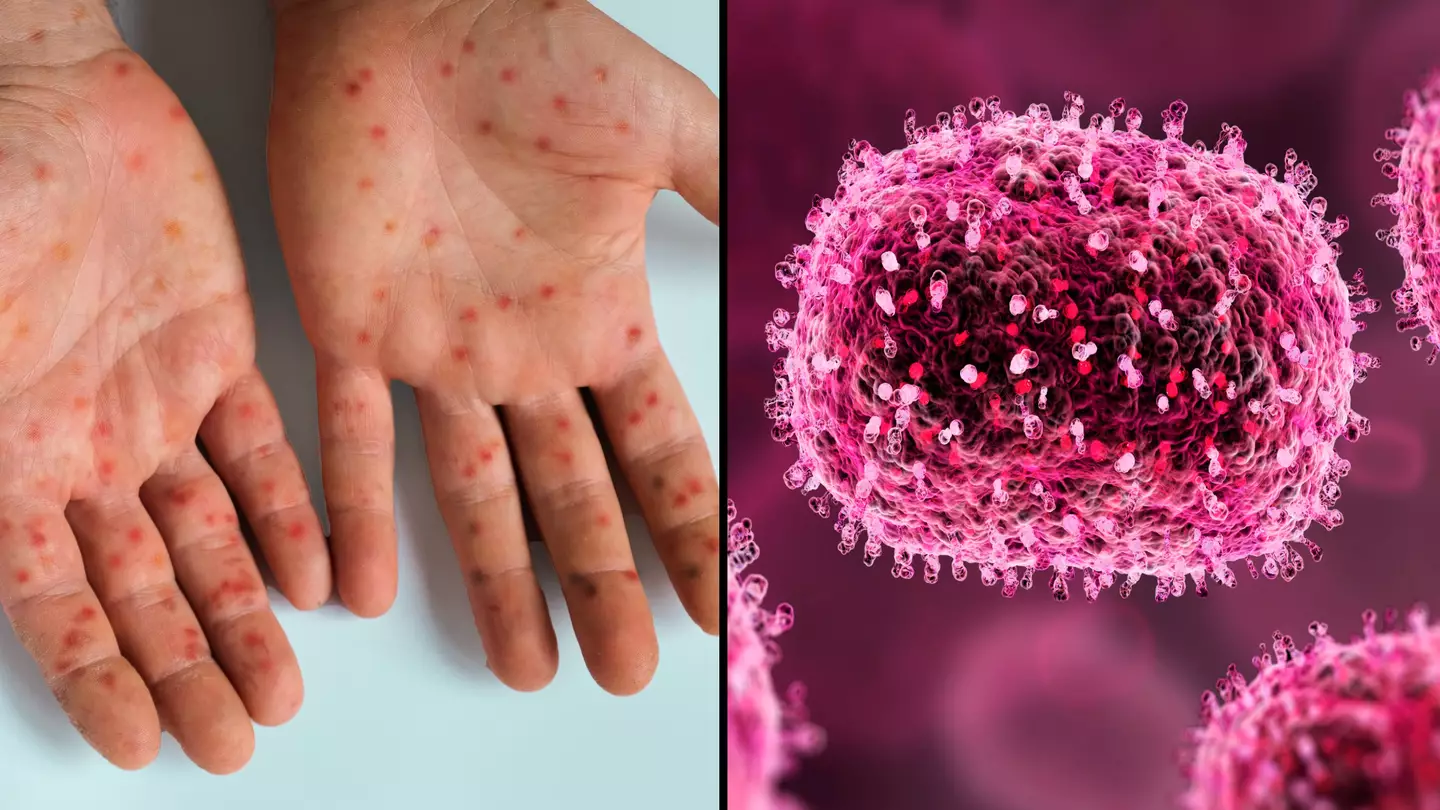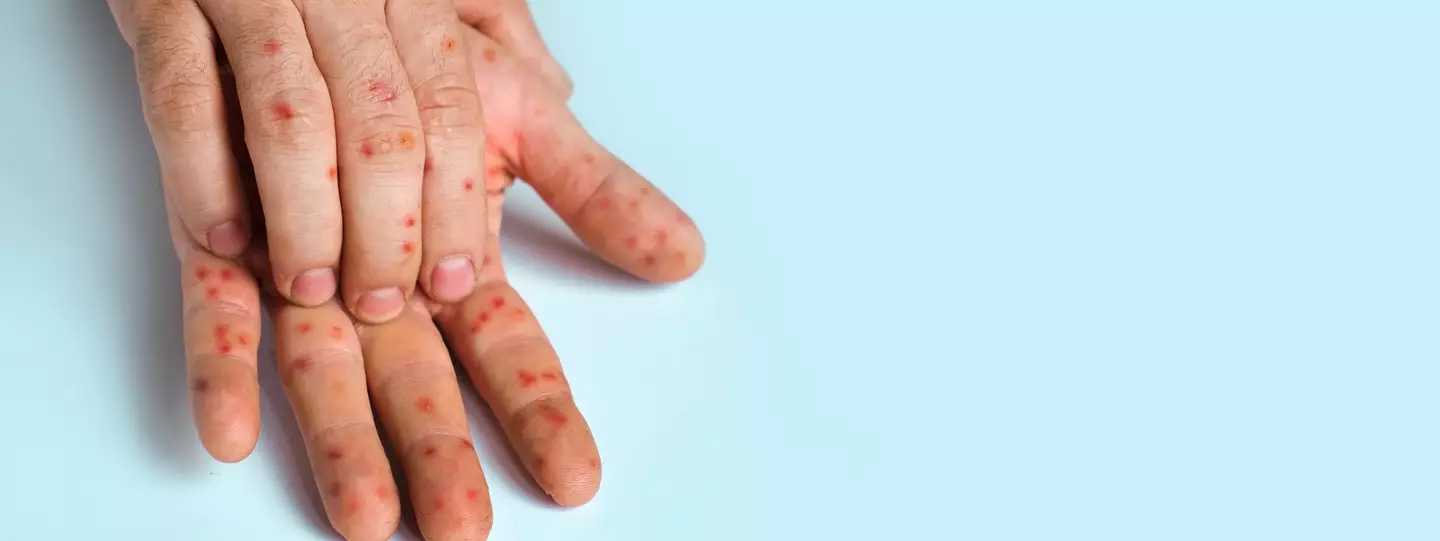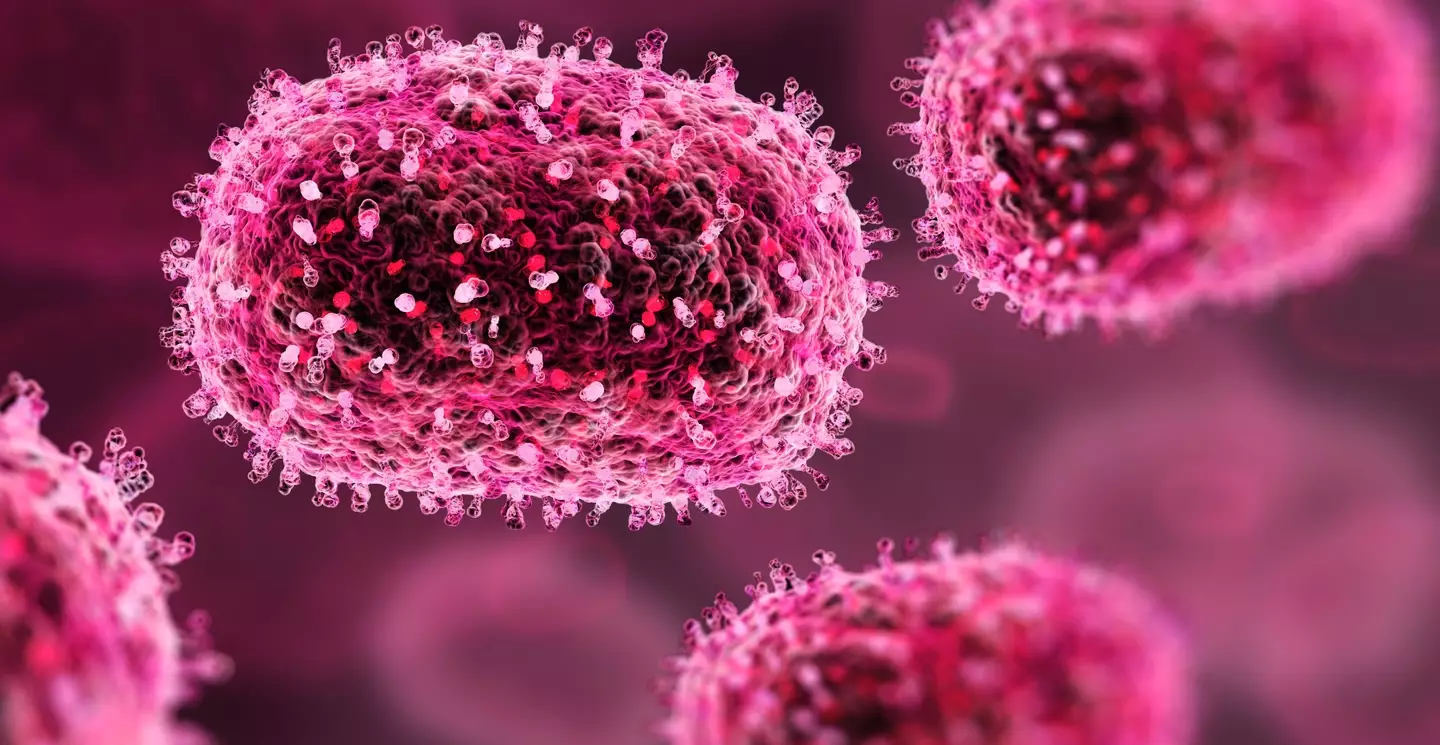
Brits are being warned about an early mpox symptom that may get mistaken for something harmless.
Earlier this week, the World Health Organisation (WHO) declared the virus as a global health emergency amid a new outbreak in numerous African countries.
And yesterday (15 August), Sweden confirmed the first European case of the more contagious variant of mpox.
It’s said the patient contracted it while travelling in a part of Africa where there was a large outbreak.
Advert
Formerly referred to as ‘monkeypox’ the viral illness spreads through close contact and is commonly considered to be a less severe version of smallpox.
There currently aren’t any cases confirmed in the UK but the UK Health Security Agency said ‘planning is under way to prepare for any cases’.

The NHS does say the risk of catching it is low, but Brits are told to remain on high alert for mpox.
And a key symptom may at first be passed off as something harmless - perhaps due to the hot weather we’re having right now or as a mild reaction.
The NHS explains that a rash will usually appear between one to five days after the first symptoms (which include the likes of a high temperature, headache and back ache).
The rash goes through several stages, including blisters turning into scabs which eventually fall off.
America’s Centers for Disease Control and Prevention say this rash on people’s hands, feet, chest, face, mouth or genitals can initially end up being passed off as just pimples of blisters. And they might be quite painful or itchy.
The NHS adds that the rash is often confused with chickenpox.

Symptoms of this rare infection usually take between five and 21 days to appear and will typically clear up within a few weeks.
While you’ve got symptoms, you can pass mpox on to other people and should isolate at home.
The NHS adds that most people recover without treatment but if your symptoms are severe and you become well, you might need to seek hospital treatment.
Older people, young children and people with a condition or who are taking a medicine that affects their immune system are more at risk of needing treatment in hospital.
There are methods you can take to reduce your chance of getting mpox, including washing your hands with soap and water regularly and talking to sexual partners about their sexual health and any symptoms they may have.